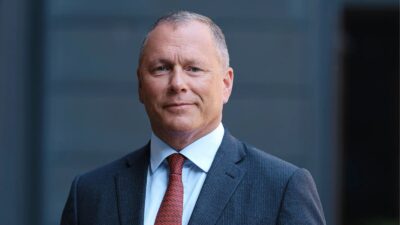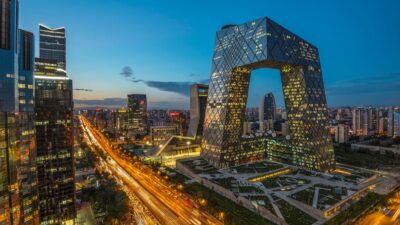There’s no crisis yet, but private wealth CIOs and asset consultants are keeping a close eye on markets after their sudden August selloff. Their advice: stay nimble, stay unconstrained, and look out for “the unbelievable opportunity to invest in a dislocation”.
Family offices are professionalising at a rapid rate and creeping up the complexity curve as they establish overseas beachheads and build increasingly sophisticated investment portfolios, according to research Ocorian.
Canada’s own efforts to get its pension funds involved in nation-building have been more heavily resisted than in Australia, but a new paper has learnings for both countries.
The world’s largest sovereign wealth fund rode the tech rally for all it was worth but still underperformed its benchmark by a hair’s breadth owing to unlisted real estate and infrastructure woes.
Valuations are so high in India that people need to have “completely given up hope” before Pzena wades in and makes an investment. It’s shopping in China while it waits.
Against a backdrop of increasing market complexity, the models that have for decades underpinned the way investments are made are no longer as useful as they once were, and threats to the financial system still lurk in its plumbing.
Super funds have fallen behind banks on nature-related physical and transition risk, with a regulatory muddle, lack of internal resourcing and data concerns holding them back even as damage to ecosystems threatens “cascading losses”.
It was one of the little funds that could, until – for reasons mostly beyond its control – it couldn’t. But there’s still plenty the superannuation industry can learn from AvSuper, the $2.4 billion aviation industry fund that prided itself on member services and innovative investments.
The $80 billion profit to-member-fund has added State Super director and former AIST president Catherine Bolger to its board to fill the position left vacant by Julia Fox.
The collision of transition and physical risks could see “significant economic damage” and system-wide asset losses, according to WTW, and conventional risk management and allocation techniques don’t apply.















